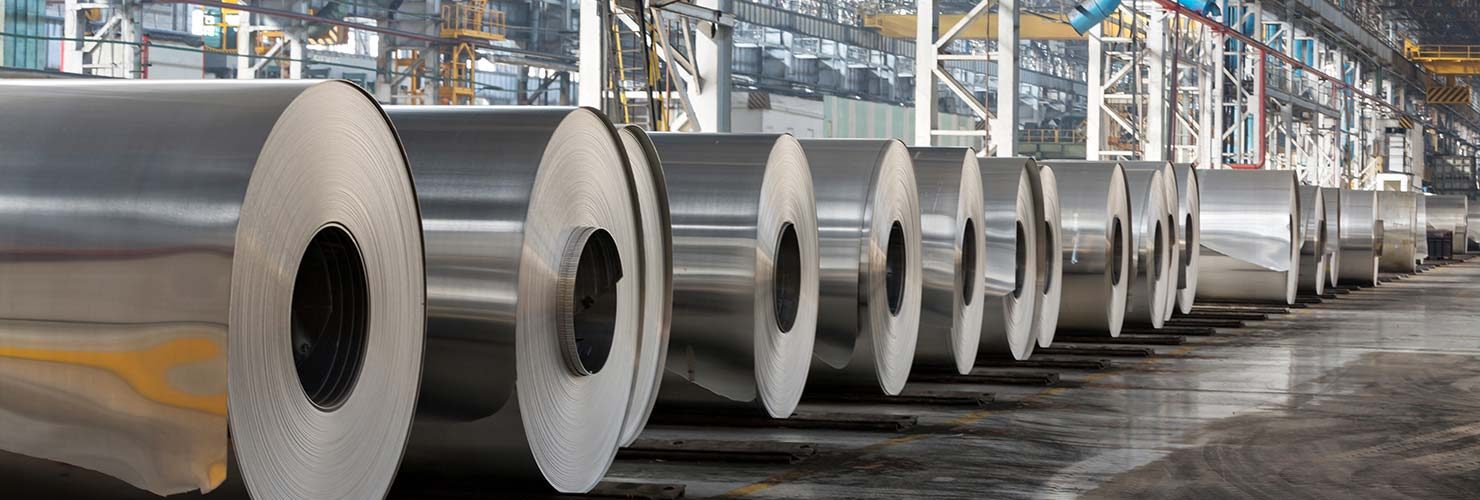Protiviti and North Carolina State University’s ERM Initiative teamed at the end of last year to survey directors and executives across a wide spectrum of industries for our annual Executive Perspectives on Top Risks report. We are drilling down, over a series of blog posts, to provide insight into these executive perspectives within key industries and how these risks may have evolved since the survey was conducted. This post focuses on the manufacturing and distribution industry.
Not surprisingly, economic conditions and financial market volatility top the list of manufacturing and distribution concerns for 2016, and the degree of concern is higher than in prior years. Manufacturers, to a greater extent than many other industries, depend on global sourcing so it’s no wonder that manufacturing executives would be more concerned than usual, given the widespread and growing uncertainty about the financial stability of key U.S. trading partners around the world on whom U.S. manufacturers depend for everything, from polymers and resins to product assembly.
In addition to supply chain concerns, manufacturers worry about sales. Global instability makes it harder to predict where production and inventory will go. Top of mind at the moment: the concerns over Great Britain’s withdrawal from the European Union, as well as economic turmoil in China and Brazil.
Cyberthreats surged into the top five risks for manufacturers for the first time this year. We interpret that as a growing concern for critical systems and infrastructure that we haven’t seen previously in this sector. The concern is indicative of a growing awareness by directors and executives of the vulnerability of networked devices in an increasingly connected global economy with increasingly sophisticated data harvesting and analytic tools.
Unlike, say, retailers, who might be primarily concerned with protecting customer data, manufacturers are primarily concerned with protecting trade secrets and the integrity of networked production equipment. Within manufacturing IT, we’re seeing more focus on security architecture, specifically related to robotics and embedded technology communicating machine-to-machine via the Internet of Things.
Given these changes, it is perhaps not surprising that manufacturers cited recruiting and retaining top talent as one of their top 5 concerns. There is an increased demand for accurate and timely analytics with which to counter market uncertainty – and personnel capable of extracting actionable intelligence from the overwhelming and growing amount of available data. Automated manufacturers are also aware that they need a higher level of cybersecurity expertise to thwart potential disruption and maintain a competitive edge.
Finally, regulatory risk appears in the top five again, as it has for three years in a row. Manufacturers have a significant and fairly consistent compliance burden when it comes to occupational, environmental, health and safety requirements. More recent concerns have included ethically sourced materials and labor. Regulatory challenges change over time, of course, but history suggests that compliance with regulations will remain a fundamental performance concern for executives and directors.
You can read the key findings and additional commentary in our manufacturing-specific report, which you can access here. The entire survey is available here.



Add comment